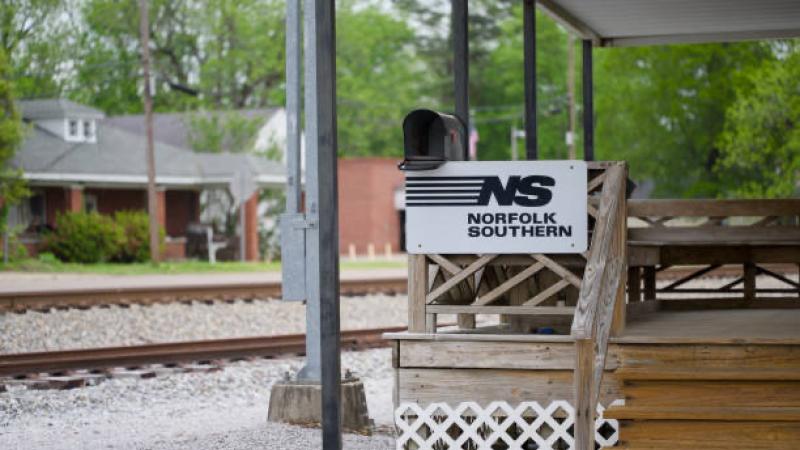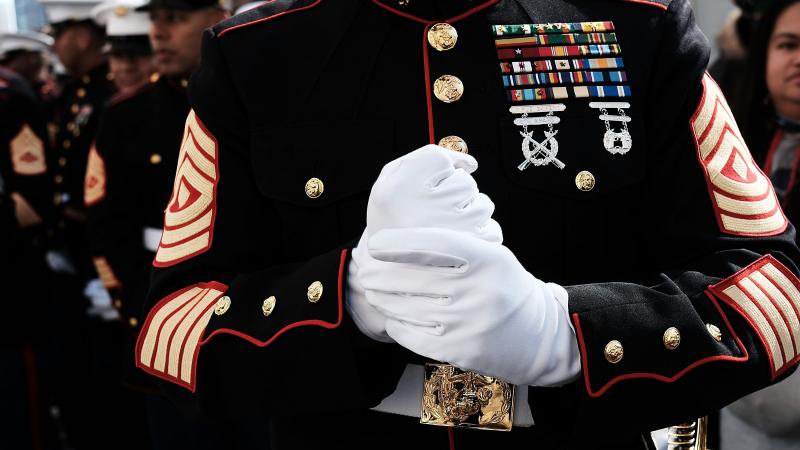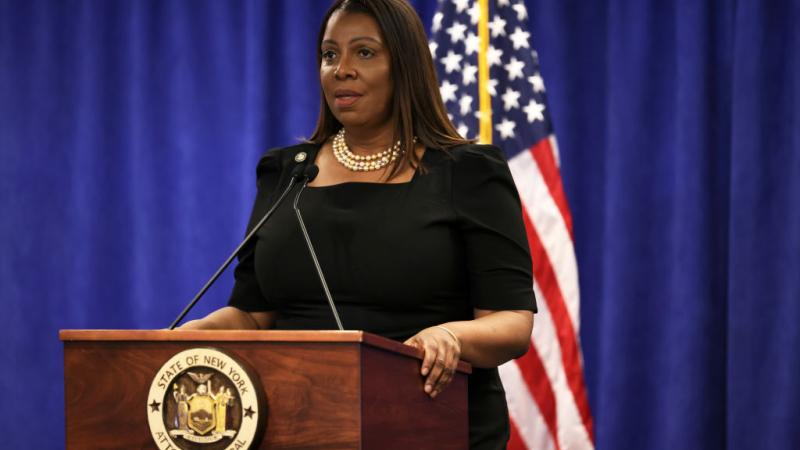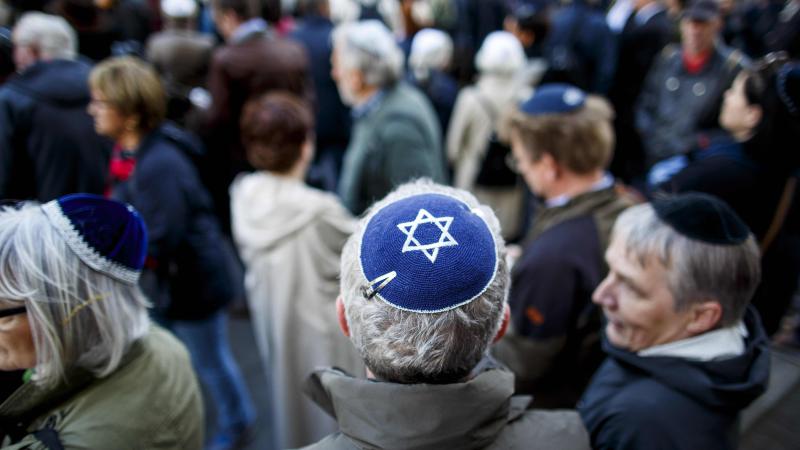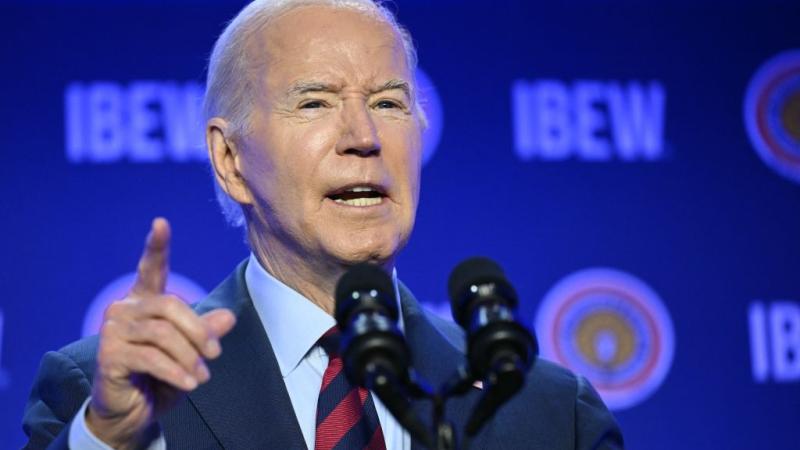This holiday season the Salvation Army wants a donation — and a 'sincere apology' for white racism
With a new discussion guide titled "Let's Talk About ... Racism," the venerable Christian relief organization has succumbed to the inflammatory tenets of critical race theory and 'antiracism.'"
As Americans head out on Black Friday to make a dent in their holiday shopping lists, some are sure to come across Salvation Army volunteers ringing bells as part of the annual Red Kettle campaign. But this year, the global charitable organization wants more from its donors than a donation to the needy during the holidays. With the dissemination of a recent Salvation Army guide titled "Let's Talk About ... Racism," the Christian organization is attempting to elicit "sincere" apologies from white people for being racist.
The guide, which was compiled and approved earlier this year by the International Social Justice Commission of the Salvation Army, aligns the organization with the ideology of the Black Lives Matter, antiracism, and critical race theory movements.
Defining "structural racism" as "the overarching system of racial biasing across institutions and society," the guide declares: "These systems give privileges to White people resulting in disadvantages to People Of Color."
What was once an organization with a straightforward charitable goal, for which it has received millions in U.S. government funding, appears to have become a proponent of controversial ideas including those found in the books of Ibram Kendi (whose given name is Henry Rogers) and Robin DiAngelo, both of whom are listed in the guide under the Resources, Tools and Contributors section. Also featured in that section of the guide is the New York Times' 1619 podcast, which has become the basis of some high school and collegiate instruction on critical race theory.
Between 2014-2021, the Salvation Army received in the ballpark of $10 million from CSOSA, a federal agency that supervises adults on probation, parole, and supervised release in the District of Columbia. The federal agency's mission is to "support the fair administration of justice in close collaboration with the community."
Over the course of the pandemic, the organization received another $100,000 or so in emergency funding from the Department of Veterans Affairs for homeless shelter operations.
The guide outlines various types of discussions chapter leaders can have about racism and how to operate in an actively "anti-racist" fashion. "Being anti-racist results from a conscious decision to make frequent, consistent, equitable choices daily," according to the nearly 50-page document. "These choices require ongoing self-awareness and self-reflection as we move through life. In the absence of making anti-racist choices, we (un) consciously uphold aspects of White supremacy, White-dominant culture, and unequal institutions and society. Being racist or anti-racist is not about who you are; it is about what you do."
The organization's accompanying "Study Guide on Racism" claims, "The subtle nature of racism is such that people who are not consciously racist easily function with the privileges, empowerment and benefits of the dominant ethnicity, thus unintentionally perpetuating injustice."
The guide goes on to enumerate the ways in which America remains an unjust society. Home ownership, health, education, and incarceration are some of the leading indicators of inequality due to systemic and institutional racism in American life, according to the guide.
Because of these ongoing struggles for communities of color and, specifically, blacks, the guide suggests the necessity of delivering a "sincere apology" (if you are white).
"We are all hardwired to desire justice and fairness, so the need to receive a sincere apology is necessary," reads the guide. "Perhaps you don't feel as if you personally have done anything wrong, but you can spend time repenting on behalf of the Church and asking for God to open hearts and minds to the issue of racism."
Critical race theory "has increasingly become the default ideology in our public institutions over the past decade," writes Christopher Rufo, director of the initiative on critical race theory at the Manhattan Institute. "It has been injected into government agencies, public school systems, teacher training programs, and corporate human-resources departments, in the form of diversity-training programs, human-resources modules, public-policy frameworks, and school curricula."
As of this holiday season, it has now been injected into a long-uncontroversial, 156-year-old Christian charity devoted to bringing relief to the poor and salvation to the hopeless.


